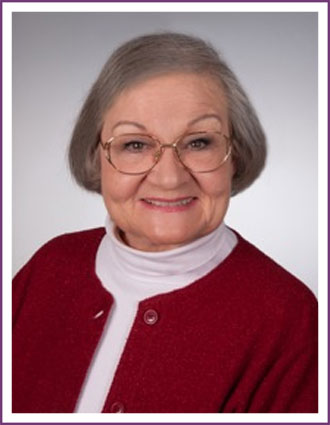KAREN Kae (Lueck) HUNT

• Attorney, Judge
• Teacher
• Community Activism
Inducted: 2013
KAREN Kae (Lueck) HUNT
Karen Hunt has been a pioneer in the Alaska legal world: the first woman from Anchorage appointed to serve as a Superior Court Judge (1984-2000); an educator and innovator in the practice of law and a leader of women in the law and in the community. The bench, the bar and the community have recognized her leadership and achievements through such awards as: Alaska Supreme Court Community Service Award; Alaska Bar Association Public Service Award; Anchorage YWCA Woman of Achievement; Anchorage Chamber of Commerce ATHENA Society; University Medal, Alaska Pacific University; and Alaska ACLU Liberty Award.
Hunt was one of the first two women hired by the city’s largest law firm when she arrived in Anchorage in 1973. On the bench, Hunt initiated various reforms in both civil and criminal practice. She was elected founding president of the Anchorage Association of Women Lawyers, serving two terms. Recognized as a leader by her peers, she was one of the first two women elected to the Board of Governors of the Alaska Bar Association. Hunt also served as president of the Anchorage Bar Association, Alaska Bar Association and Alaska Conference of Judges – the only person to have been elected as president of all four professional organizations.
Hunt was also an educator. She taught judicial writing to judges throughout this country and abroad. Hunt was one of the first few women invited to join the faculty of the National Judicial College. Her 1994 presentation on evidence is included in the continuing legal education “Masters of the Courtroom” videotape. In 2005-06, Hunt trained more than 200 judges hearing federal Medicare appeals. Recently, she provided conflict-resolution training to more than 1,700 state employees. She also has assisted in the training of union stewards and supervisors.
Hunt has organized, created or helped to govern a wide variety of community organizations, including early efforts to organize women attorneys and political women, and has served on many boards such as Anchorage Opera, APU Board of Trustees and Commonwealth North.
Hunt was raised by a strong mother whose frequent admonishment: “Well, you just don’t treat people that way,” has informed and guided Hunt’s life, career and community involvement.
View Extended Bio